|
|
Post by Deleted on Aug 23, 2009 18:16:58 GMT
from the Ottawa Citizen
Montreal's innovative bike-sharing system, Bixi, is becoming an international hit -- arguably, it is Canada's most visible green technology export these days. And it is shattering some die-hard, right-wing economic certainties in the process.
In recent weeks, the company has sold its system to London and Boston and other cities -- including New York, Seattle, Toronto, Vancouver and Ottawa-Gatineau -- are potential customers. In fact, some say Bixi is poised to sweep the continent as more municipalities follow the lead of Paris, with its pioneering Vélib' stations. (Some 50 bikes and four Bixi stations are operating in Ottawa-Gatineau this summer as a modest pilot project.)
Already, Bixi is enhancing Montreal's reputation as a green, hip and design-conscious city, as well as spawning local jobs and Canadian- based research. In London, Bixi will work with a British partner to create a network of 6,000 bikes, 400 docking stations and 10,000 docking points by 2010. In Boston, there are plans for an initial 2,500 bikes and 290 docking stations and talk of doubling the system soon.
The attraction is obvious: in congested downtowns, especially, it can be faster, and cheaper, to make short trips via bike -- and healthier, both for the user and the environment. But Bixi -- a contraction of bicycle and taxi -- has an extra edge. Unlike the original bike-sharing systems, the Canadian design is solar-powered, WiFi-enabled, easily accessible by credit card and entirely modular.
That means no underground wiring or construction costs for interested cities. It also makes it easy to move docking stations from low to high-use areas and to store the system inside over winter. The cycles, too, improve on existing designs by using rust-proof aluminum and enclosed gears -- discouraging vandalism, wrecked cuffs and mauled overcoats.
But, intriguingly, Bixi isn't the product of the free market -- the only driver of wealth and social progress, according to conservative orthodoxy -- but was developed entirely in the public sphere. It is run by the Public Bike System Company, a non-profit organization that is an offshoot of Montreal's municipal parking authority. Further, it is the brainchild of three civil servants, executives of the parking authority, who decided the computerized, solar-powered technology used in the city's parking meters might also work for a bike system.
They were motivated by professional challenge, and civic pride, rather than personal profit. Director of marketing and communications, Michel Philibert, notes that despite Bixi's international sales, "my salary won't increase at all."
As for the widespread (and sometimes justified) notion that the public sector is incompetent, Bixi claims it inaugurated the fourth-largest bike-sharing system in the world this May -- with 3,000 bikes and some 300 docking stations -- in less than a month.
Also, while protectionism is universally deplored -- and municipalities, provinces and countries are continually urged to open their procurement practices -- Bixi prefers to shop at home for design, parts and expertise.
The cycles, for instance, are built in Chicoutimi by Quebec's Devinci Bikes; overall, close to 100 per cent of the system is Canadian-made. An exception is keyboards on docking stations, which come from Israel -- because Israel is the only supplier.
"We could get bikes cheaper in China," says Philibert, "but you develop Canadian expertise if you buy locally. That is the way we think about it. It is our vision to favour companies in our own country. We are proud of it." Michel Dallaire, for instance, a renowned 67-year-old Montreal industrial designer, created the Bixi but signed over four commercially valuable patents to the non-profit company. He gets no royalties.
Overall, it sounds like a two-wheel vindication of the much-criticized "Quebec model," where the state plays a leading role in the economy and uses profits to benefit the whole society. In that vein, Bixi works with Montreal high schools to train potential dropouts to perform daily maintenance on the network.
But while Montreal Mayor Gérald Tremblay, key city councillors and Montreal's chamber of commerce have been enthusiastic supporters of Bixi, federal and provincial governments have been conspicuously uninvolved. Notably, the company has not benefited from green technology funds, championed by politicians of all stripes as a key to fighting climate change -- but often hard to access, and usually inadequate.
Bixi is not without its problems, mostly growing pains. Shortly after it launched, dozens of bikes were wrenched from docks by vandals -- a menace that abated after design tweaks. In Paris, Vélib' has lost nearly half its fleet of some 20,000 bikes.
It may be a transitional step on the road to a low-emissions economy, or a permanent feature of the urban landscape. Either way, Bixi's success is a rebuke to politicians stuck in tight, ideological boxes -- unable, or unwilling, to change gear.
|
|
|
|
Post by bixaorellana on Aug 24, 2009 14:25:30 GMT
What an excellent article!
The best thing is the way it refutes point by point every negative charge that could be made against the idea of the shared bike system. The selflessness of the designers and implementers should not only be a source of shame to politicians, but a goad to the public to demand more from their so-called representatives.
Thank you for posting this. Maybe some readers here could bring it to the attention of their local newspapers and help to spread the word.
|
|
|
|
Post by Deleted on Aug 29, 2009 17:28:07 GMT
I know that a lot of people think that riding a bicycle in the middle of a large city is a horrible idea. Riding a bike in the countryside is wonderful, but urban biking is very dangerous. That is not entirely false, but it does depend on the determination of urban authorities to protect cyclists and make their itineraries acceptable to both the cyclists and the motor vehicles. I admit that it takes a lot of money to do this. Paris is an extremely rich city, so it was not a problem to find the cash, but I think that just about any city would get its money's worth by making the effort to get more people out of their cars and onto bikes -- not just for pollution but for improving the health of the citizens and reducing medical costs. To ride a bike in the city, it is best to feel safe. That means separating the cars from the bikers. Paris has done this very well in a lot of places. You feel even safer when there is a row of parked cars between you and the traffic. Sometimes bicycles and buses have to share a lane, but the lanes are wider in such cases -- wide enough for a bus to safely pass a bicycle. At normal intersections with traffic lights, bicycles have a special area in front of the cars in which to wait. Sometimes, the bicycles have special traffic lights. There are also special directional signs for cyclists to use, since they often have special paths that cars cannot use. I myself have found that pedestrians are much more dangerous than motor vehicles, so they try to make it clear that certain areas are for bicycles rather than pedestrians. Even when there is not a dedicated lane for cycling, at lot of streets are still very cycle friendly (gee, is autumn arriving already?). I will add more photos soon, because I want to take some pictures of people cycling around Paris. |
|
|
|
Post by imec on Aug 29, 2009 17:42:22 GMT
Wow! They certainly have done a lot for the cyclists. I'm amused by the traffic light - do they obey such signals? There's a big kerfuffle here at the moment regarding a stepping up of enforcement of traffic laws - including nailing cyclists for running red lights, stop signs etc ($190 ticket) which they seem to think is a birthright.
|
|
|
|
Post by Deleted on Aug 29, 2009 17:47:46 GMT
Yes, cyclists often do get tickets for running red lights, but I don't think that it happens often at completely empty intersections (which is where I do it). But some of those bastards don't stop anywhere and weave around and through the traffic as best they can. You can actually see a big red 'pissed off' cloud above their heads when they must put a foot on the ground to stop. On every busy street, I always wait for the light.
|
|
|
|
Post by denise on Aug 29, 2009 18:36:02 GMT
:)Thanks for this Kerouac. As you know I recently became hooked on cycling in Paris and will encourage people to get on bikes ad nauseum. I found that cycling in Paris is much safer than people would think because of the very things you have shown in these pictures.
Actually I had not noticed the bike only traffic lights so that's very useful.
I only wish UK authorities would take notice of the Paris example. Here we have cycle lanes that stop abruptly if the road becomes narrow. This is just the place you NEED a cycle lane! or the cycle lane will stop for no apparent reason.... Near my house there is a cycle lane which is about 30 feet only from start to finish. Whats that all about?
Motorists in the UK are not cycle friendly, they cut you up at junctions, hoot if you dare to hold them up or drive so close to you to intimidate you.
The use of bikes in Paris has increased tremendously in the past two years since the introduction of the Velib. This can only add to the health of the nation (thus less medical costs) and offset global warming by less carbon emissions from cars.
Dnise
Love from England
|
|
|
|
Post by Deleted on Aug 29, 2009 18:43:09 GMT
I am very excited that New Orleans is currently putting in a bike lane along one of our more gorgeous avenues. Construction is under way for such a lane on St. Charles Avenue that runs from the river uptown all the way downtown into the Central Business District.
New Orleans has always been a great city for bicycle riding as we have few interstates and freeways and best of all,it's flat. One can traverse via bicycle downtown from where I live into the CBD in about 25 minutes(about 8 miles). The new bike path will be a much smoother,safer ride.
Nothing nearly as sophisticated as K2's but compared to other US cities,in particular,Dallas,Houston,Atlanta,heaven.
I am looking forward to renting a bike once I hit Manhattan. NYC is a great bike riding town.
|
|
|
|
Post by bixaorellana on Aug 29, 2009 19:34:25 GMT
That first picture is so great, with the twin ranks of trees shading and protecting the bike lanes.
Pictures 3 & 4, with the bent-over bollard, are a little disconcerting, though!
Besides the reasons cited by the OP about benefits to a city that creates desirable cycling conditions, I would add that of increased productivity and probably better mental health. People who drive or bus to work frequently arrive there either late or in bad moods because of traffic. Cycling to work is a way to arrive on time, start the day with some exercise, and elevate your mood.
That's really interesting about the UK lagging behind in developing usable bicycle lanes, Denise. Like many Americans, I'm influenced by tv shows with smiling postmen, visiting nurses, etc. peddling along.
I could hardly bear to read Casimira's comments because I used to love bicycling in New Orleans so much. Not only is it hilly here, but the roads are awful -- frequently without shoulders.
|
|
|
|
Post by lagatta on Aug 29, 2009 22:12:42 GMT
When I first cycled in Paris in the 1980s with a friend who had moved there (we were both involved in an urban cycling group in Montréal) there was none of the infrastructure kerouac describes. Up in Belleville/Ménilmontant was fine, but I was terrified in the centre. Since then, Paris has more than caught up with Montréal. Of course it has a long way to go until it equals Copenhagen or Amsterdam, and smaller, less-known cycling towns such as Ferrara in Italy, but the change is a veritable revolution. So many people said urban cycling was a Northern European, Germanic practice that would never catch on in France (Strasbourg's example was dismissed as proof that admirably cycle-friendly city was really German anyway). The pioneers to see what can be achieved (people of all ages cycling in normal clothes, and sometimes very chic ones): www.amsterdamize.com www.copenhagenize.com www.copenhagencyclechic.com imec, not a "lycra lout" to be seen, but some very attractive people to brighten your day... ) |
|
|
|
Post by traveler63 on Aug 30, 2009 2:44:38 GMT
I enjoyed the pictures of how Paris deals with cyclists. Tucson is another story. We have a large group of cyclists here in town as well as all the cyclists at University of Arizona. There are 38,000 students and a majority of them cycle. They are usually limited to around the campus and adjoining dorms and apartment buildings. I will try to get some pictures posted. Where we have disagreements is in other parts of the city. Some places, not all have designated bike lanes. Do the cyclists use them? Well, if you call riding three or four abreast, sure. We even have a town law that cars have to give them three feet. So, they ride three abreast which puts at least one outside the bike lane and three feet from that one puts the car in the opposite lane. We have a lot of two lane streets. Even on the three lane roads, there are incidents. Don't get me wrong, I have nothing against cyclists, but the ones I have seen don't use signals, run red lights, don't abide by the laws, ride in packs and just generally get mad and flip off drivers if they do or say anything to the cyclists.
Right now, I wouldn't ride a bicycle in Tucson, because they have only done a less than steller job of protecting both parties.
|
|
|
|
Post by Deleted on Aug 30, 2009 5:09:31 GMT
Some years ago a wonderful bike path was put in on the Mississippi River levee. It runs for many,many miles and is a joy to use. Unfortunately,on the weekends especially,packs of riders race along at breakneck speeds and make it a very unpleasant and dangerous place for the leisurely rider like myself. No one polices this and I have almost been mowed down on a number of occasions. As a result, I now only use it on weekdays during off peak hours.
|
|
|
|
Post by lagatta on Aug 30, 2009 13:20:08 GMT
casimira, I don't know what can be done about this, but something must be. As you can see from Kerouac's pics of Paris, and the ones I posted about Copenhagen and Amsterdam, there are people of all ages from babies on their parents' cargo bicycles to seniors riding, and while people commuting to work in the morning are going at a brisk pace, it is nothing like racers at breakneck (literally!) speeds, and faster cyclists simply pass slower ones without mowing them down. Paris is proof that mentalities can be changed - 25 years ago practically nobody rode a bicycle there any more, and it was hazardous indeed - but I don't know how that drag-racing mentality on the part of a subset of drivers and cyclists can be changed. It doesn't seem to be such a problem here - people who are actually training don't tend to ride on the bicycle paths, which are more for "normal" people - people commuting to work or university, running errands, out with family or friends... But we made this clear in the years we were conducting all manner of actions (never violent, and the most "illegal" was painting bicycle lanes on roads where many cyclists travelled) to get bicycle lanes put in. There is also "La route verte" throughout much of Québec (except the Far North, obviously) much of it along dedicated lanes or disused railway tracks. There are country inns and camping areas equipped to accomodate cyclists (though of course this is NOT urban cycling, except in the towns it passes through). www.routeverte.com/rv/ It is listed among the best bicycle routes in the world - here they are, on several continents: www.routeverte.com/rv/index_e.php?page=top5_eOh, how I wish I lived somewhere I could ride all year (It needn't be warm; I've often cycled in Amsterdam in the winter). I cycle most of the year, but not mid-winter, except when we have a thaw or certain winters when we get practically no snow at all - weather has got very wonky both ways in recent years. I'd love to ride along the levee - I've done the same thing in Netherlands, along polders, but of course your vegetation will be rather more lush! |
|
|
|
Post by Deleted on Aug 30, 2009 13:42:07 GMT
You would love it Lagatta, I'm sure,although, in the very hot and humid summer it gets to be a bit grueling. Together we would thwart these bullies  ! |
|
|
|
Post by lagatta on Aug 30, 2009 14:15:25 GMT
I'd tend to avoid the summer heat except very early in the morning. Unfortunately, as you are closer to the equator, you don't have days where it is light before 5am, as we do in the longest June days.
Does it rain a lot in your so-called "winter"? Remember, I hail from a frozen waste.
|
|
|
|
Post by Deleted on Aug 30, 2009 14:27:39 GMT
No, not a lot of rain. but we do get damp cold days that chill to the bone. Not frigid by any means. Regardless,as mentioned somewhere else,"cold hurts" in any form ,in my book.
|
|
|
|
Post by bixaorellana on Aug 30, 2009 14:45:55 GMT
When I lived in New Orleans there were no bike paths on top of the levee, but there was the wide, meandering paved path running all through Audubon Park. This was great for people strolling, jogging, or cycling as there were exercise stations all along the way. The whole set up was designed to make exercise a pleasant leisure activity. This was marred by the packs of racing cyclists aggressively whizzing through with no regard for others. They always reminded me of those people with the heavy expensive cameras who felt they had the right to jostle aside small children waiting eagerly to see a parade -- as though their determined, costumed approach to the hobby gave them more rights.
As for cycling in the muggy heat, why it's actually rather cooling! N.O. is not an area that's breezy in the summertime, so pedaling along keeps the air moving over you.
|
|
|
|
Post by auntieannie on Aug 30, 2009 15:24:26 GMT
oh, very interesting thread!
(and section) Thanks!
|
|
|
|
Post by Deleted on Aug 30, 2009 17:07:30 GMT
One of my fondest memories about discovering all the different bike routes here came about when I was working in the mental health field. At that time I was a counselor and had yet to go on to further my degree. But,one of the many perks was, I got to do really fun stuff on the weekends with the patients and some of the recreational staff. One fellow in particular was real savvy and he and I became quite a team. We would organize biking expeditions with the patients to all kinds of places. He happened to live on a sailboat at the time and knew all these different routes to bike out to Lake Pontchartrain. We would leave early in the a.m. and have six or seven clients,maybe more,all having been cleared medically beforehand obviously. We road along safe,often out of the way paths and would take rests when needed. We would encounter the occasional flat tire and were prepared to deal with it. Once we got to the lakefront we would go to this wonderful "Crab House"(sadly no longer there) and dine on fresh boiled crabs and the like. We would cruise for a bit and then head back. They were wonderful trips and provided some of the best therapy there was to offer, I like to think. (worked for me  !). |
|
|
|
Post by patricklondon on Aug 30, 2009 21:45:33 GMT
I'm a huge fan of Vélib in Paris - on my last three trips there, I've very rarely used any other sort of transport. It inspired me to get my own bike in London (I reckoned if I could cycle round place de la Concorde I could cope with anything in London). I use the bike for my daily commute (if it's not raining) and other general pottering around town - but as Denise says, our infrastructure isn't enough and isn't consistent. We have a great cycle lane running from Canary Wharf into the city centre (great until you actually use it - I swear it must have been laid by a square-wheeled roller); and then you have to take your chances with the normal traffic.
On the whole I find motorists in London OK as long as you behave sensibly and they can read your intentions: but we too have our problem cyclists on the roads and off (our local group newsletter is full of complaints about people cycling too fast and inconsiderately along a canal towpath that we share with walkers).
Planning's going ahead for a city-supported public hire scheme, but I gather it's based on Montreal's Bixi model rather than the Parisian Vélib - I'm not sure what the differences would be.
|
|
|
|
Post by auntieannie on Sept 1, 2009 18:35:58 GMT
|
|
|
|
Post by lola on Sept 1, 2009 20:27:14 GMT
Wonderful, K. I love the photos.
My family has gradually increased our bicycyle use to where some days all 4 bikes will be out of the garage in different directions, while the car stays parked in the driveway. My office is a 20 min ride with a decent back way down quiet streets. When I work late I can ride 5 min to Metro, 5 min train, then 5 min to home, as long as I can make it to the last train at 00:23. My husband's university is 40 min ride home, and he can take the Metro there and ride back. I almost never take the car to work anymore.
We belong to an advocacy group that is gradually making things better, including bike racks on all the buses, more bike paths, and you can roll your bike onto the Metro trains.
When we were in London this spring the tabloids had photos of Mayor Boris Johnson's bike/lorry wreck. I think it's great that he's out there on his bike. The country roads in Derbyshire looked riskier really, with cars careening around corners at great speeds.
Chicago is supposed to be a good bike town now. But Paris looks the best of all.
|
|
|
|
Post by lagatta on Sept 1, 2009 22:27:50 GMT
I think Paris is the city that has made the most progress in terms of urban cycling, but Copenhagen and Amsterdam remain "the best of all", at least in the Western world. Patrick, I do hope Londoners will advocate not only for more cycle lanes but also for better paving! London weather is almost identical to Amsterdam weather. General goods shops (such as HEMA) and street markets sell the rain parkas and jackets required in heavy rain (though Amsterdamers laugh off mere showers). London, with all its varied neighbourhoods, could be a wonderful cycling city with proper provisions.
lola, I'm so happy you are allowed to take your bicycles onto Metro trains.
|
|
|
|
Post by Deleted on Sept 1, 2009 22:41:50 GMT
The New Orleans Regional Transit Authority buses now have bike racks for cyclists to put their bikes. A little impractical for the streetcar line.
|
|
LouisXIV
member
Offline
L'estat c'est moi.
|
Post by LouisXIV on Sept 2, 2009 14:01:48 GMT
Thank you kerouac2, another great photo report. Where I live in the Beautiful Grand Traverse Area along Lake Michigan we have our "TART Trails". Take a look for yourself. Must be 40 or 50 miles. Much of the trails are abandoned train tracks where the rail has been removed and replaced with a black top trail for bikes, walkers and in the winter for cross country skiing. www.traversetrails.org/ |
|
|
|
Post by Deleted on Sept 2, 2009 14:23:51 GMT
That looks excellent, Louis. Perhaps you can get out of the city limits and inaugurate a thread on "cycling in the country!"  That's something I can't do! |
|
|
|
Post by patricklondon on Sept 2, 2009 17:46:16 GMT
Oh, the innocence! Bless......
|
|
|
|
Post by Deleted on Sept 2, 2009 17:54:39 GMT
We have some of those in the Bois de Boulogne in Paris as well.  |
|
|
|
Post by bixaorellana on Sept 2, 2009 18:29:22 GMT
|
|
|
|
Post by Deleted on Sept 6, 2009 1:23:57 GMT
I don't think I've ever rented a bicycle in my life,well, maybe once ,Mr.C. and I rented bikes for the day on Block Island,R.I.(all hills) and I now remember renting a bicycle on Buyukada in Turkey(also very hilly but , was solo ,so it was easier).
Anyway, I was curious about prices for renting a bicycle for at least a day while in NYC and came up with incredibly different price ranges,from $60.00USD(with a $200.00deposit!!) to $30.00(no deposit,but ID). I spoke on the phone with the $30.00 people and I think I'm going to go with them.
Any ideas on this? My choices are limited but I'm curious as to how it is in other cities.
Clearly,the $60.00 place is geared toward tourists as it is located right at the Boathouse in Central Park and would garnish the most tourists and the other place is a bike shop off Columbus Circle near 9th Avenue.
|
|
|
|
Post by Deleted on Sept 6, 2009 10:38:18 GMT
Problem is I'll probably end up with some shitty bicycle but ,fortunately there aren't many hills in NYC to brave. I'll deal with it.
|
|



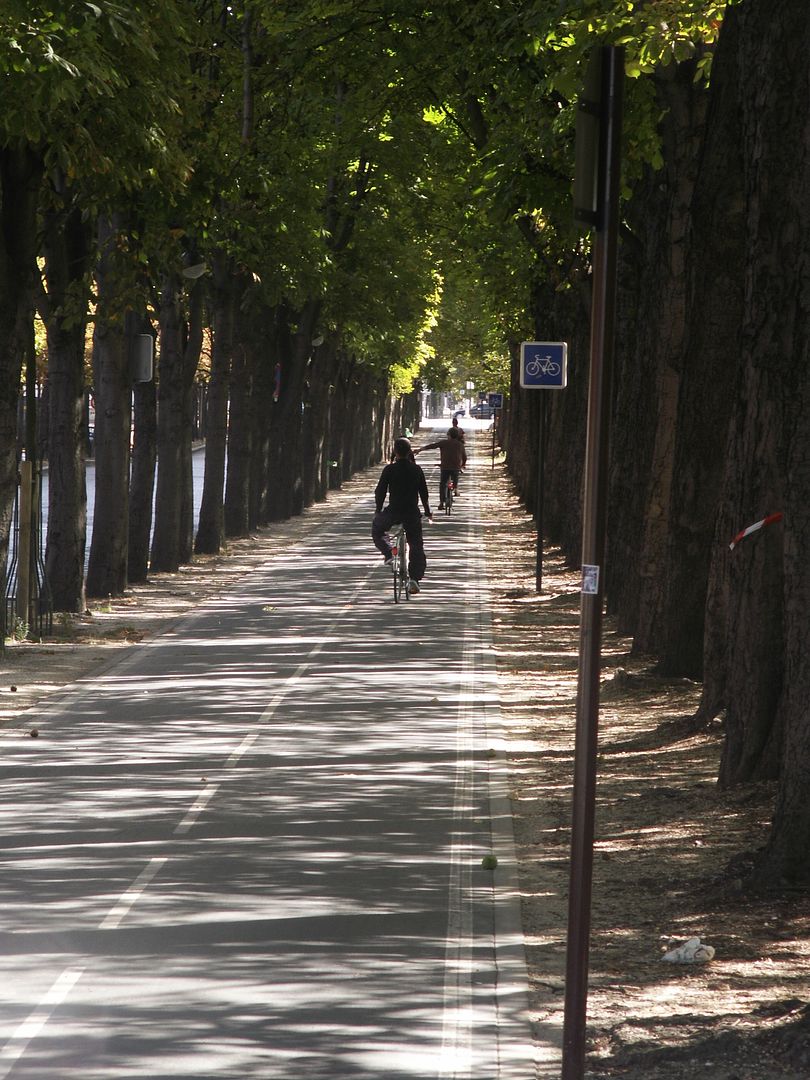
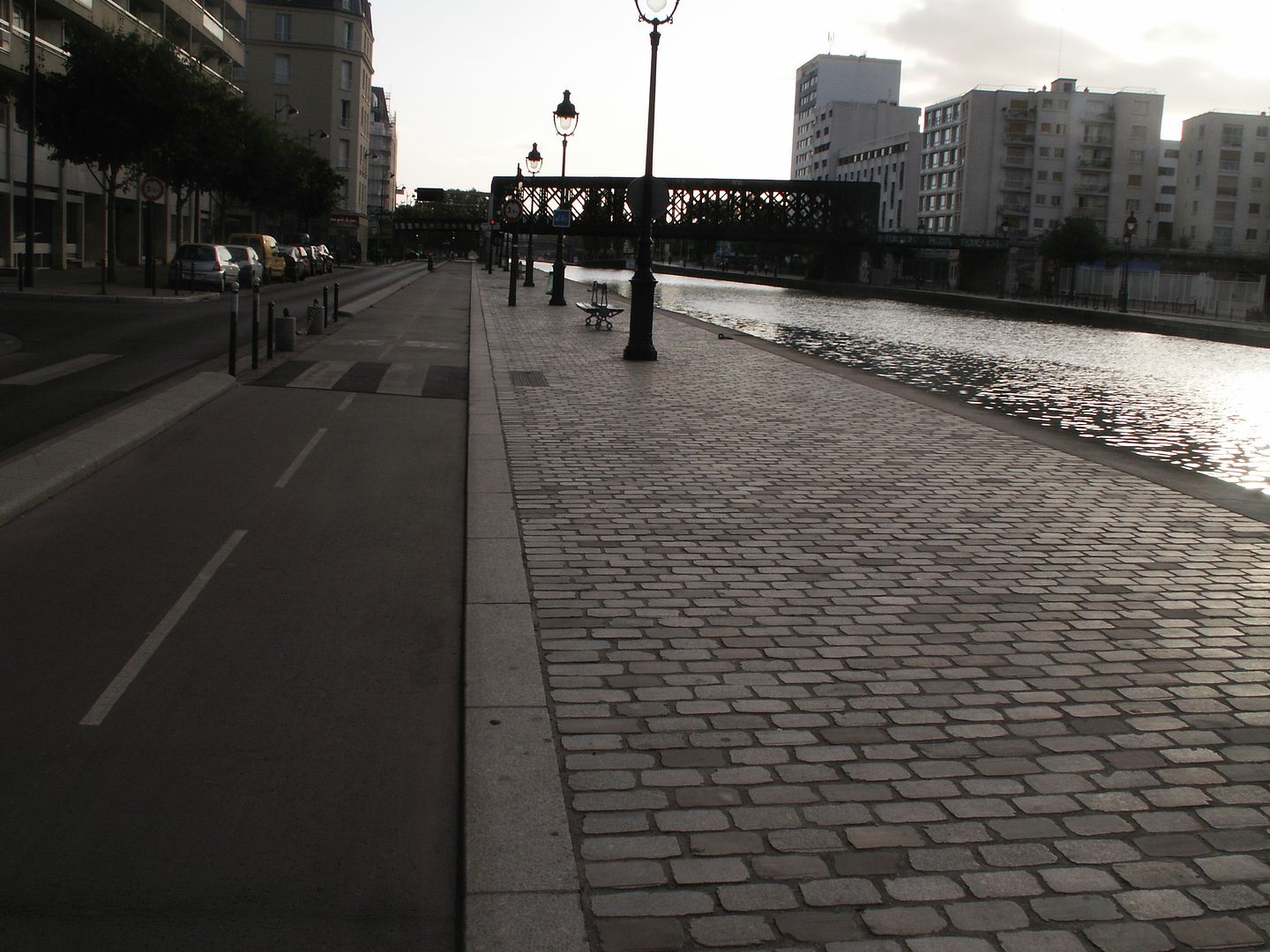
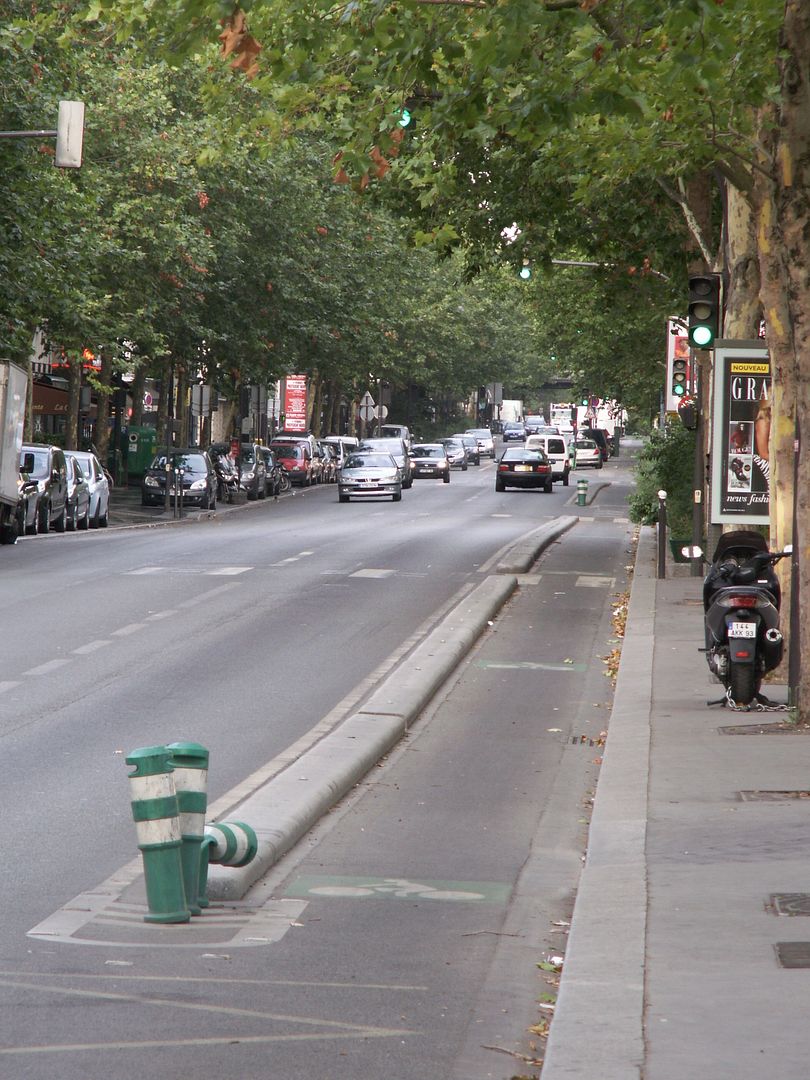
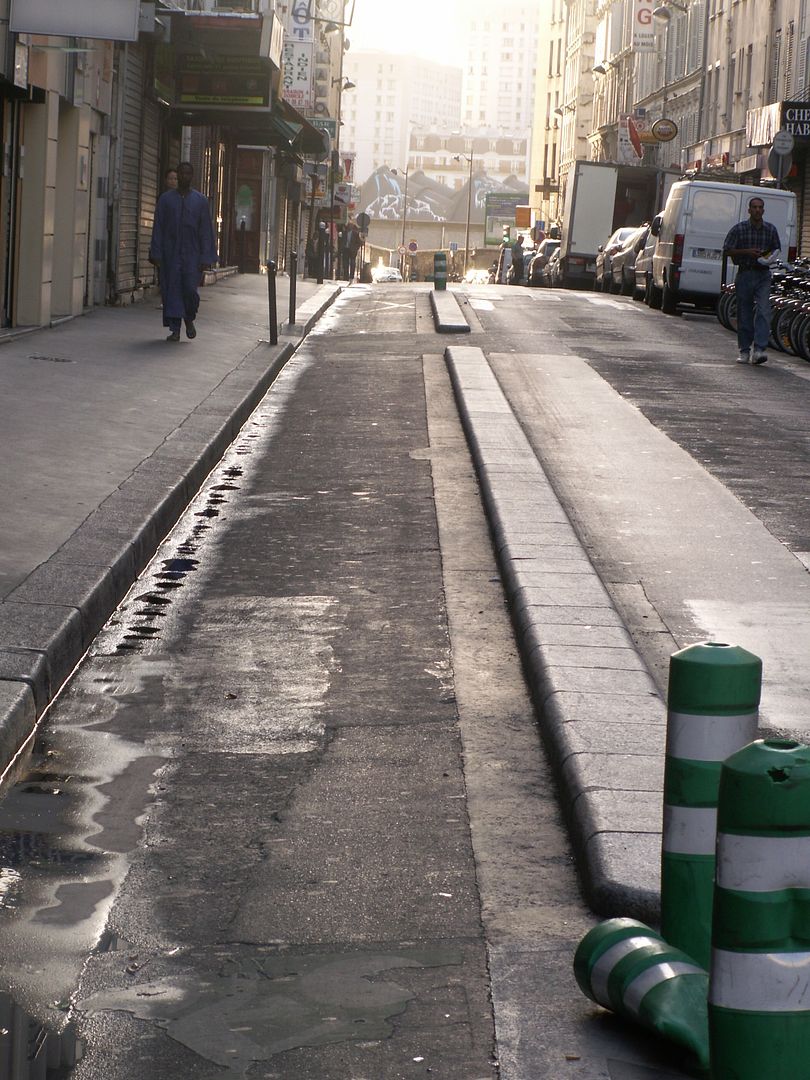
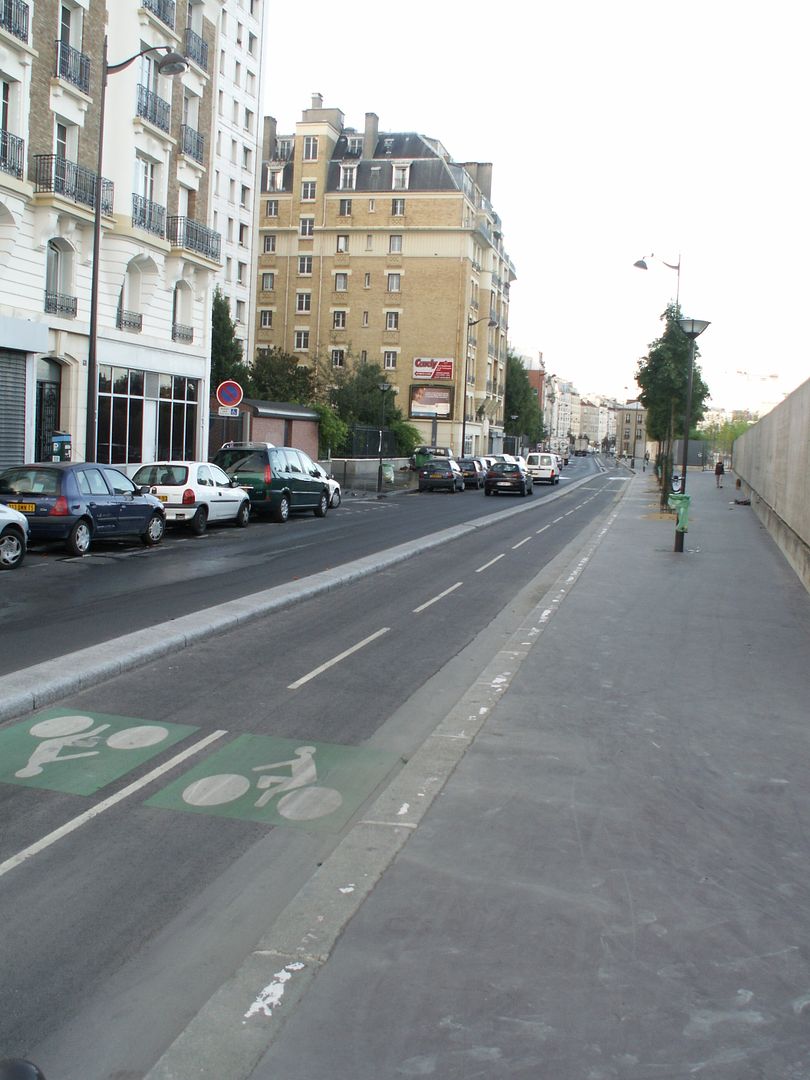
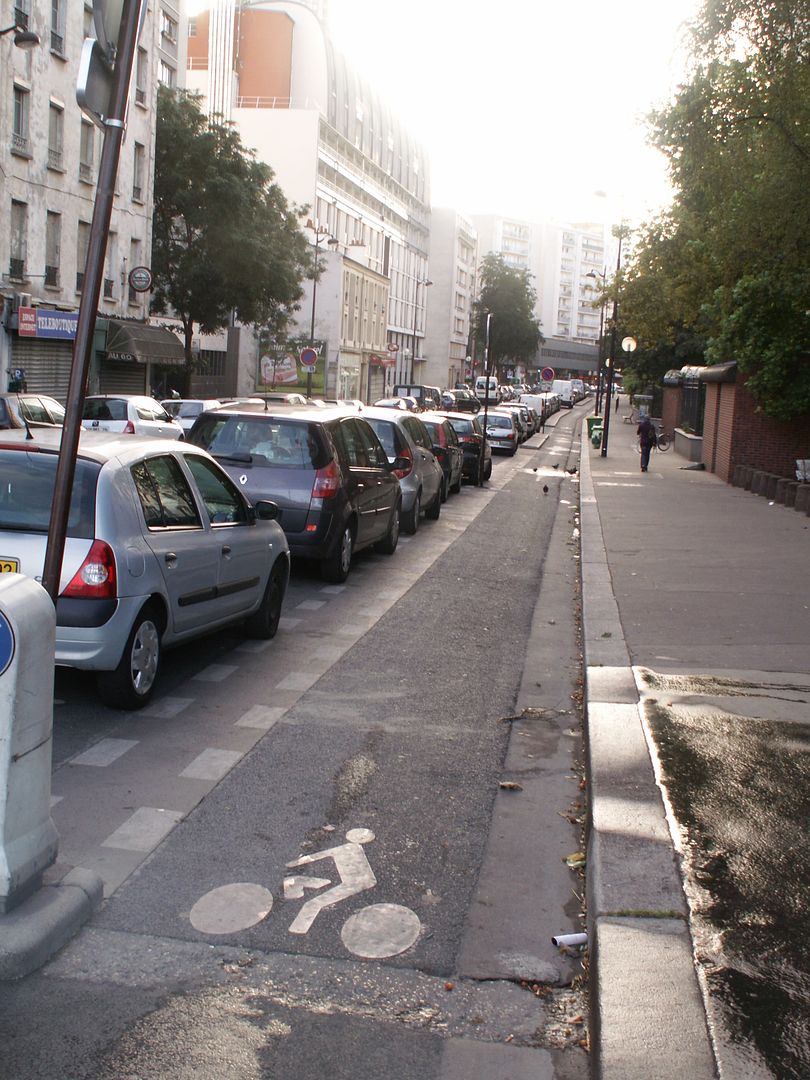
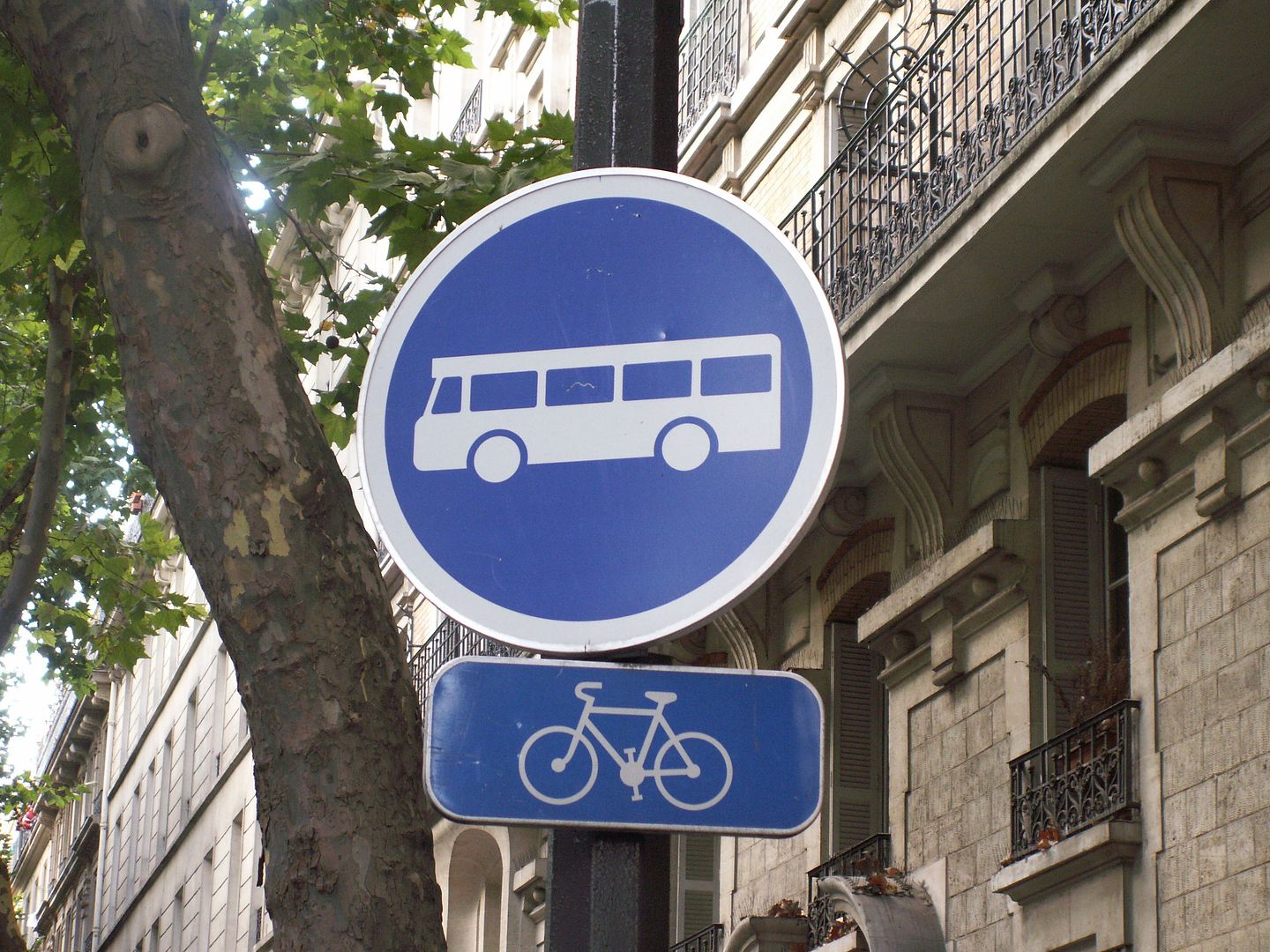
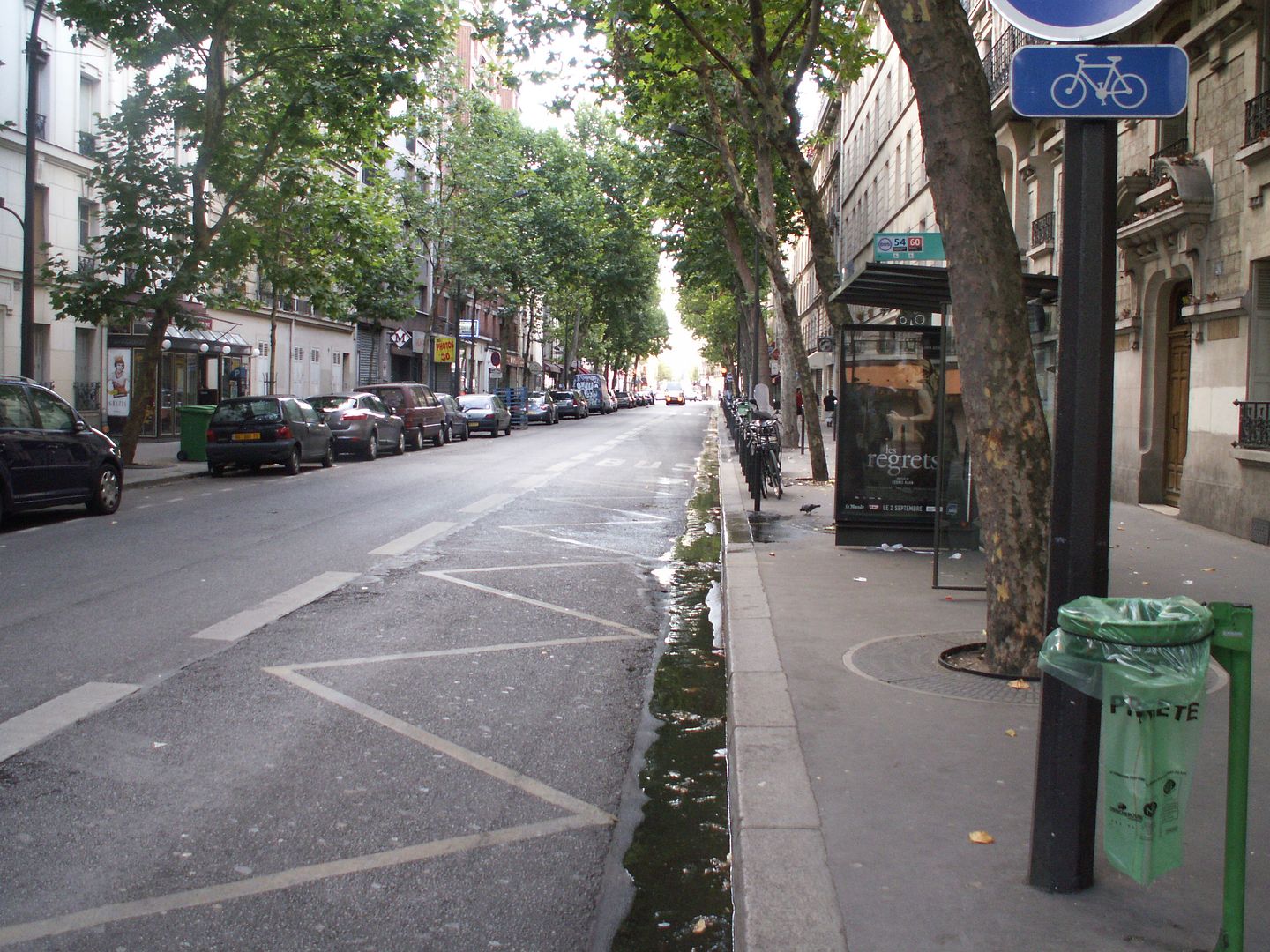
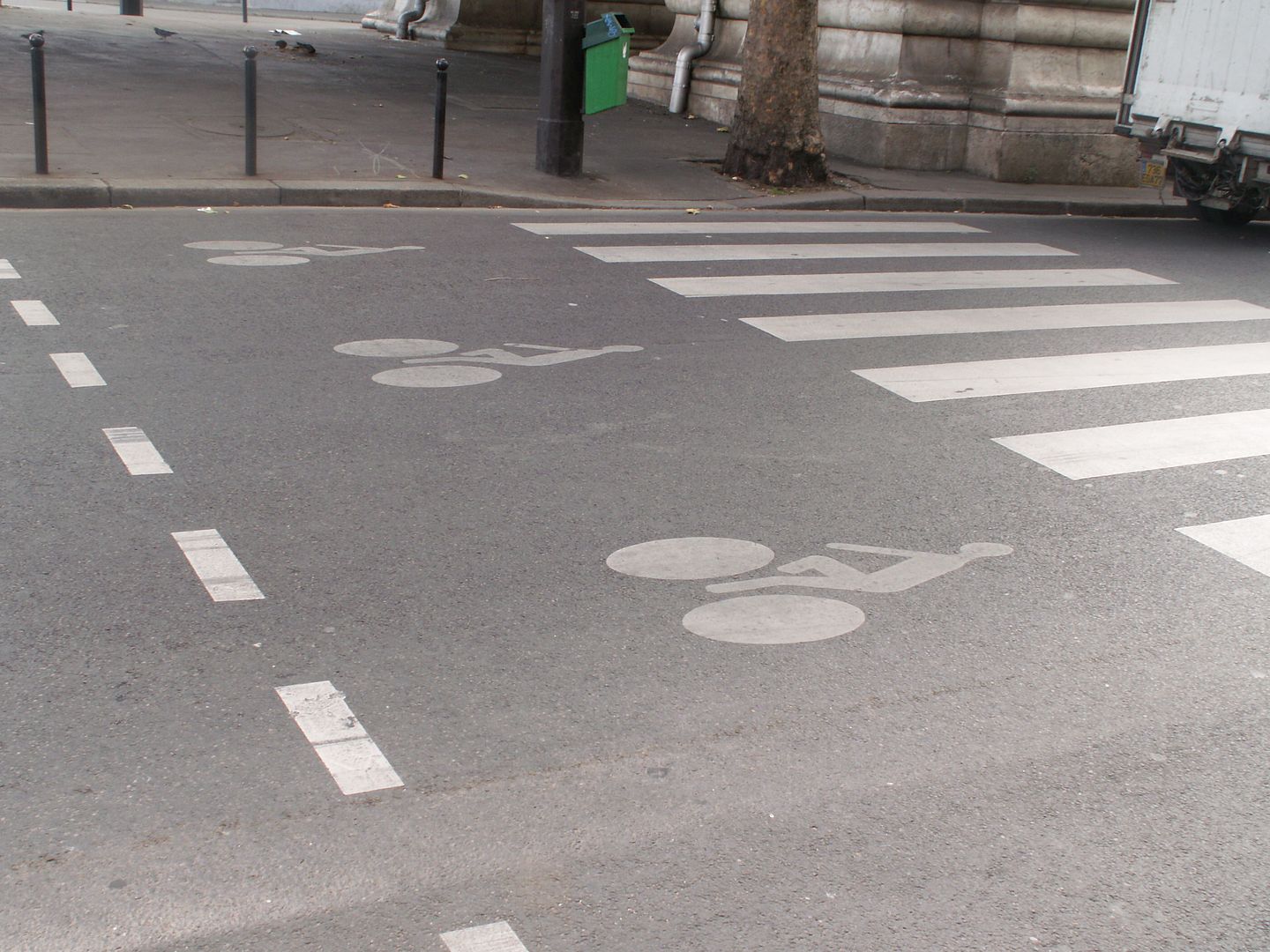
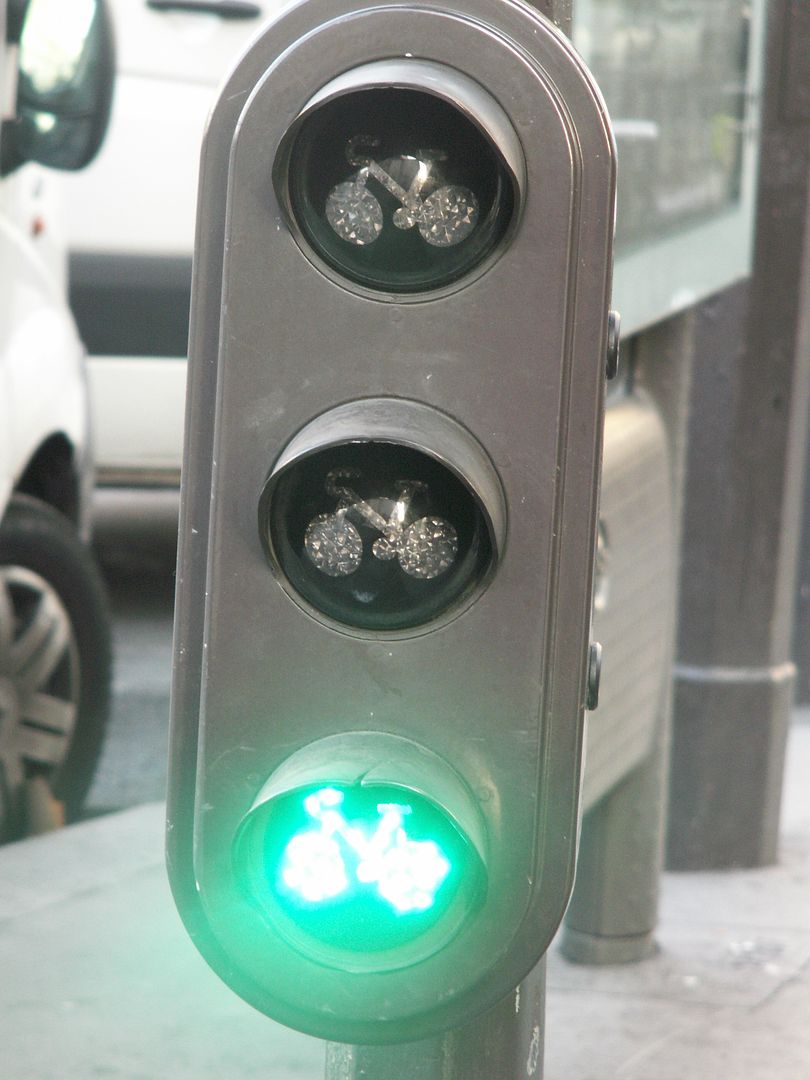
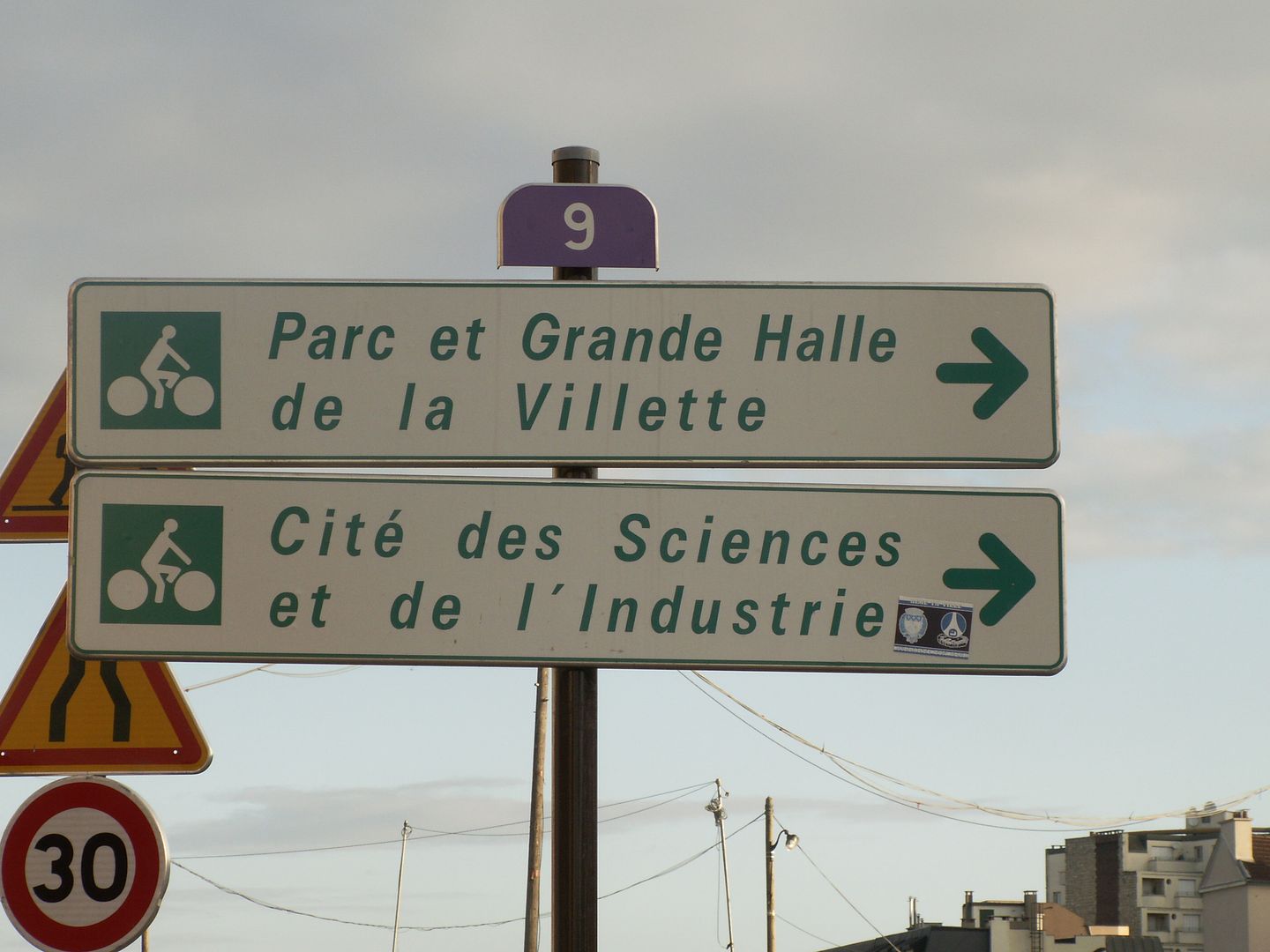
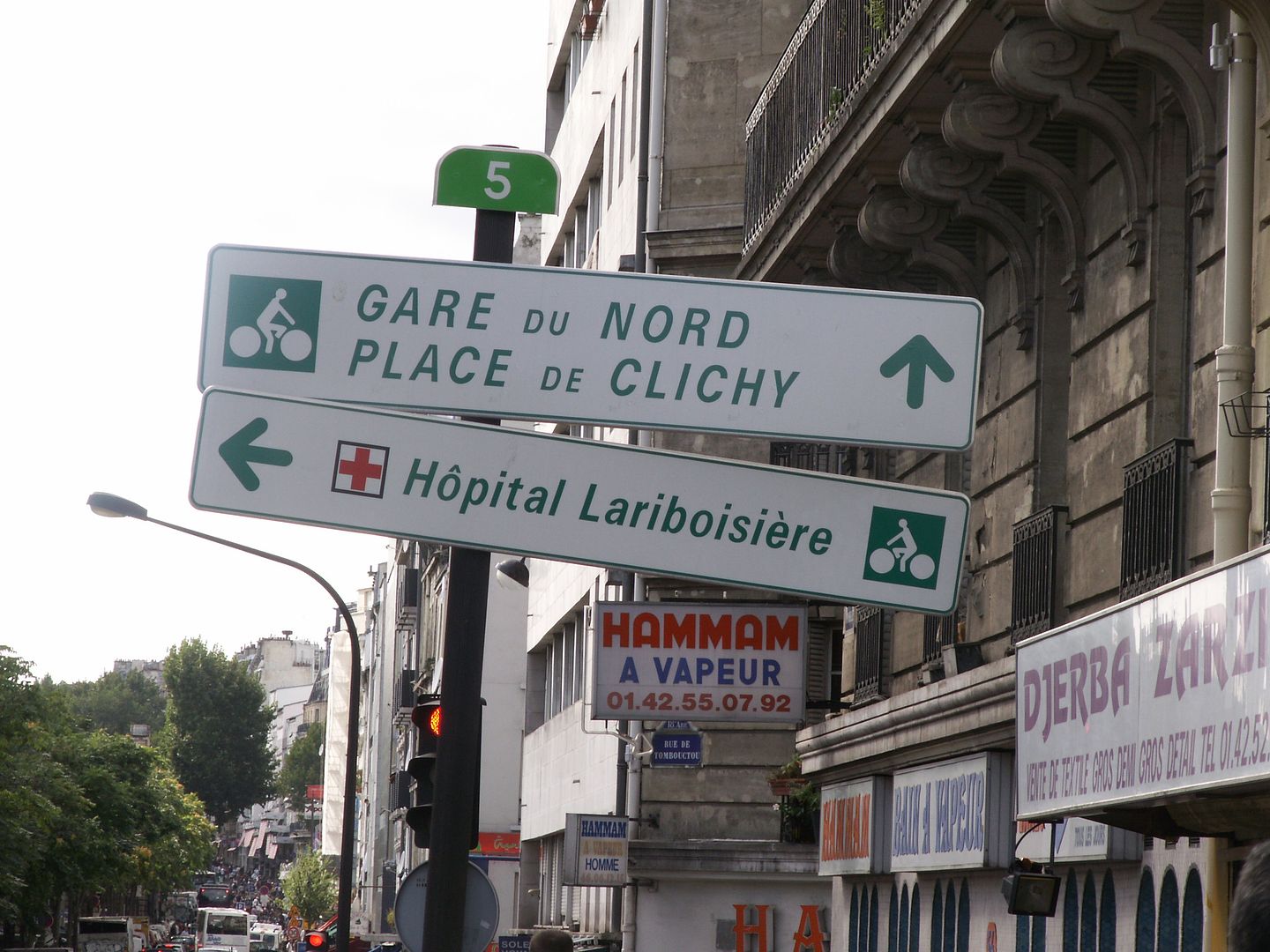
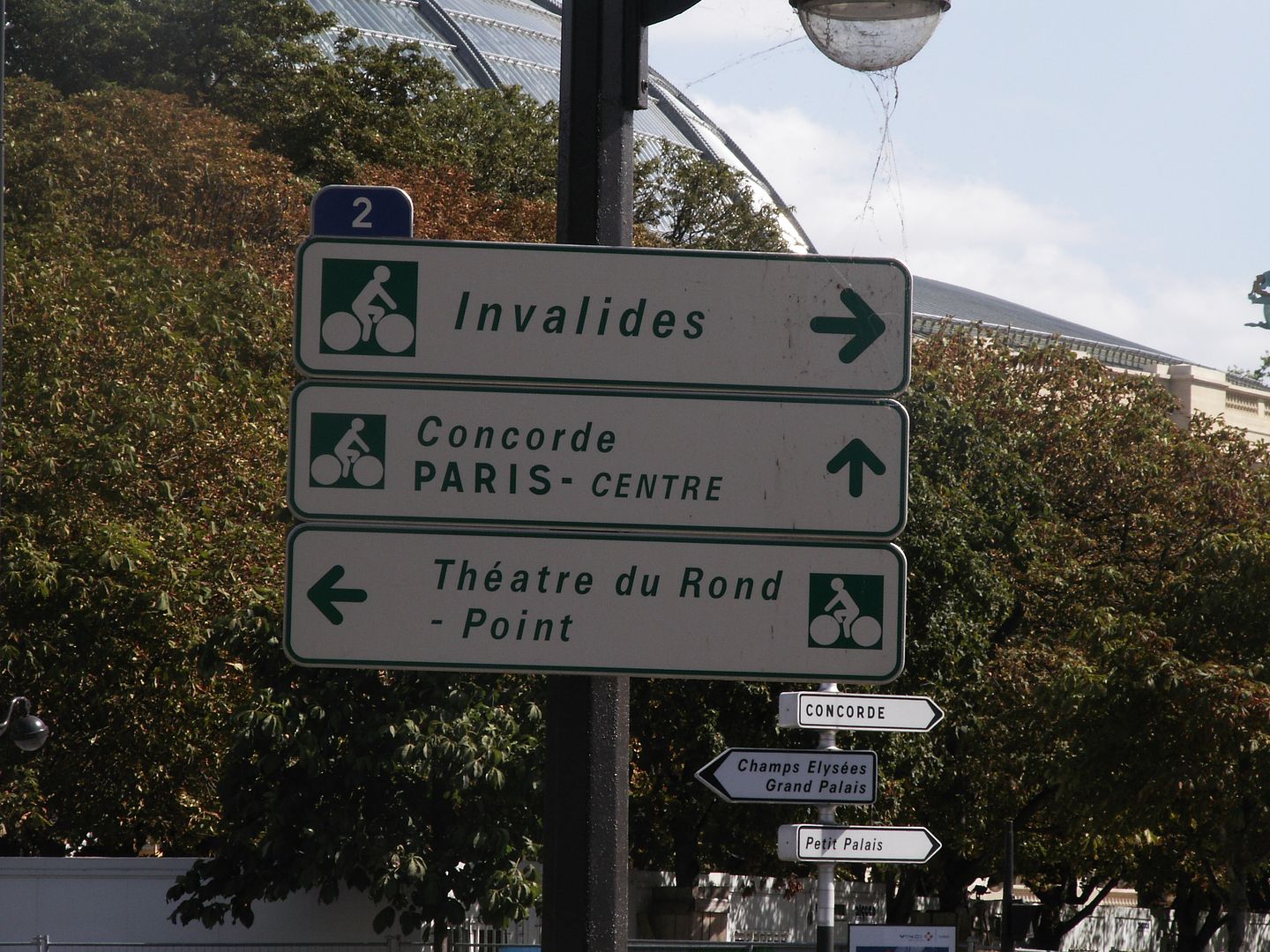
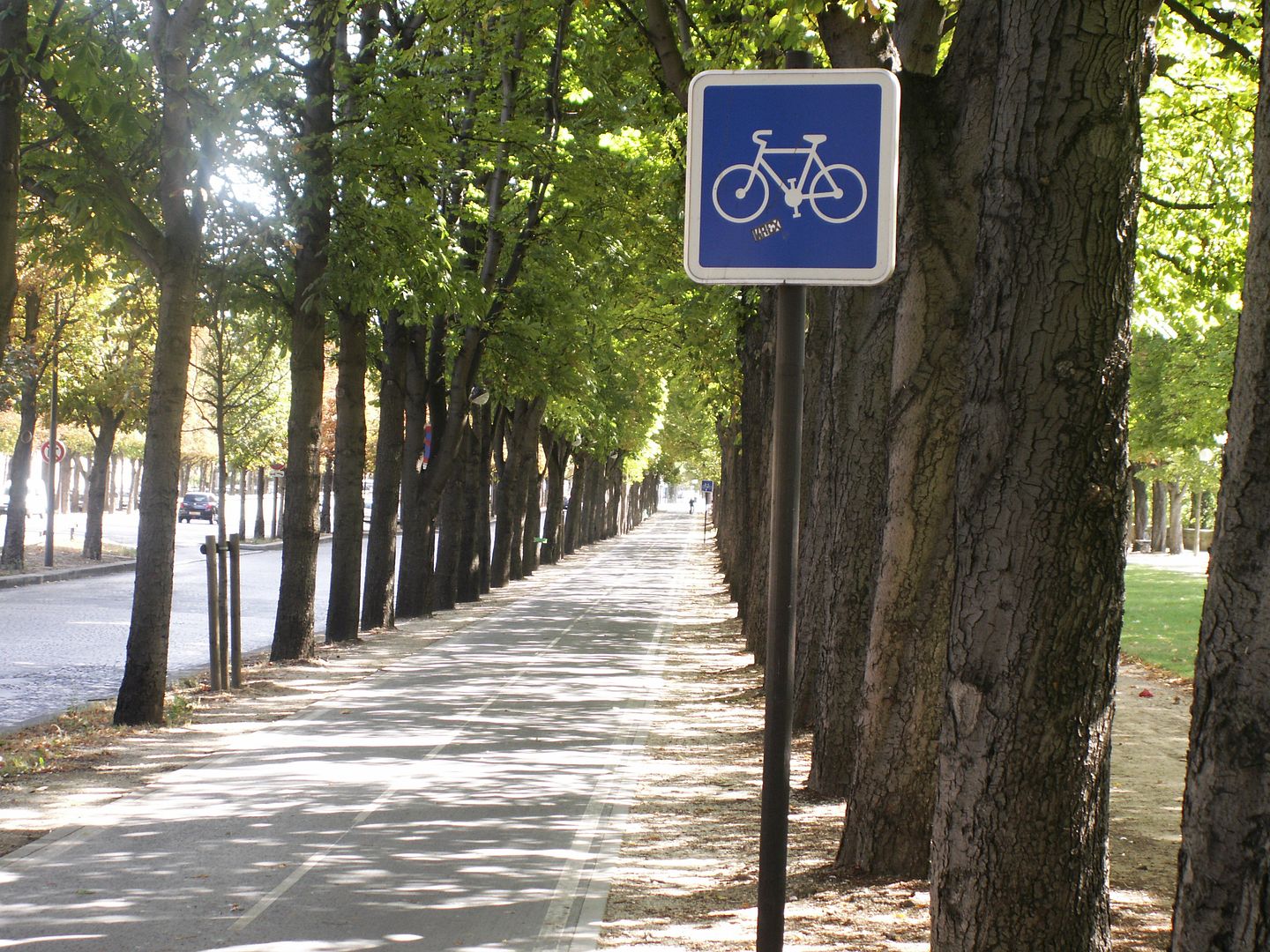
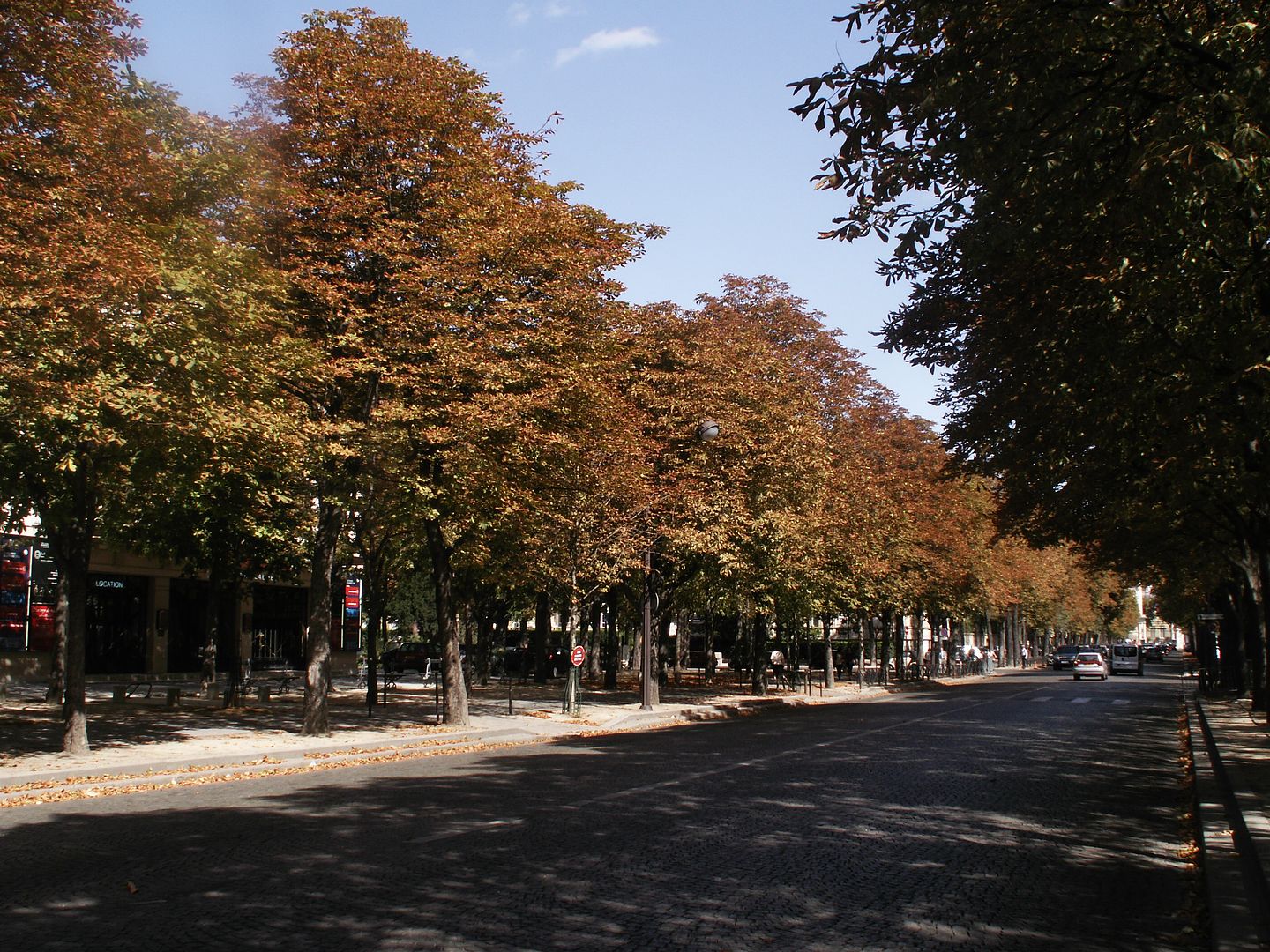


 !
! !).
!).
 That's something I can't do!
That's something I can't do!
